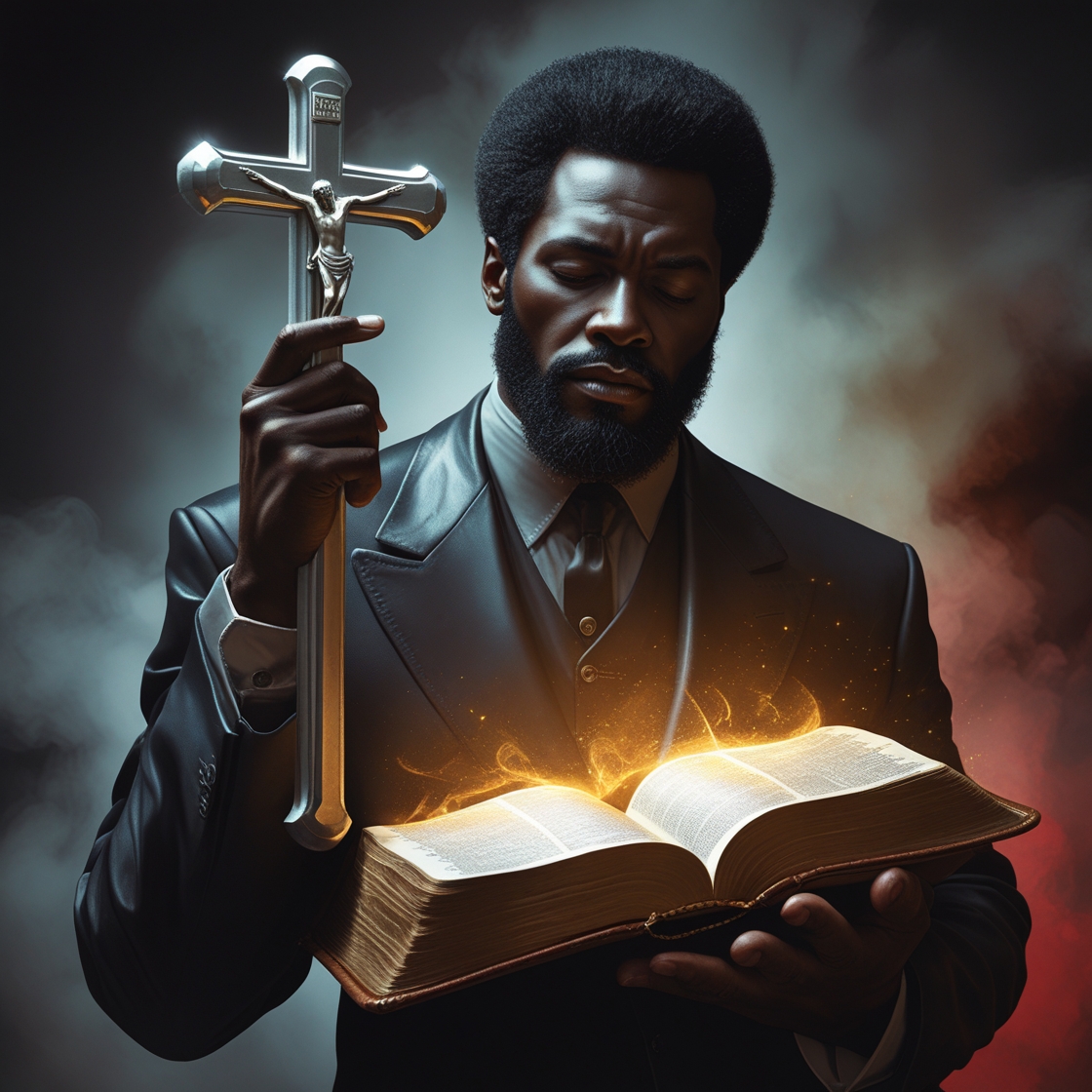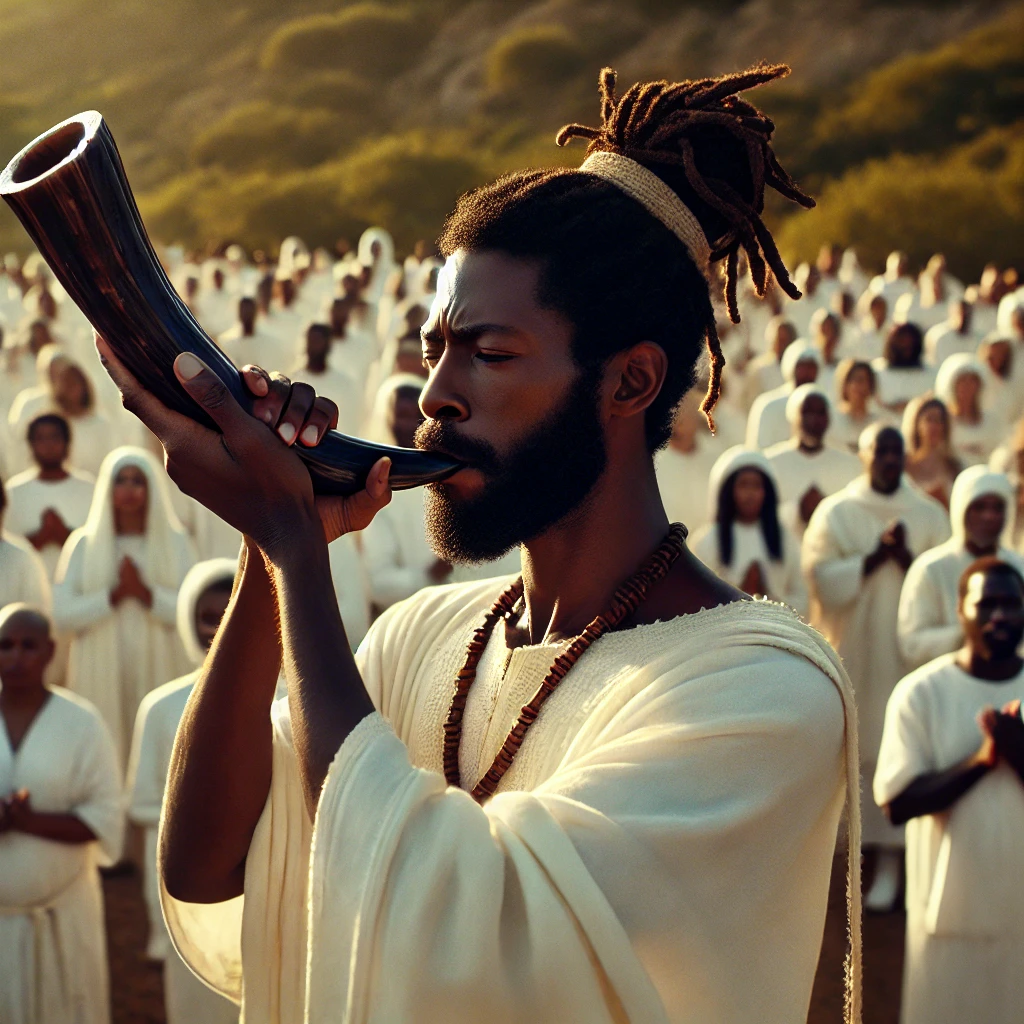Are Church Traditions Based in Truth?
Have you ever asked yourself, “Where did these holidays actually come from?” Many believers have grown up celebrating Christmas, Easter, and other church holidays without ever questioning their origins. But as Hebrew Israelites awakening to our true identity, it’s time we ask hard questions and turn back to YAHUAH’s Word.
The truth is, many Christian holidays are not just non-biblical—they’re rooted in ancient pagan practices. And when we cling to man-made traditions, we risk turning our backs on YAHUAH’s appointed times and commandments.
“But in vain they do worship me, teaching for doctrines the commandments of men.”
— Matthew 15:9 (KJV)
(See our book, Spiritual Israel the Butchering of YAHUAH’s Word: Lies from the Catholic Church)
The Bible Warns Us Not to Follow Pagan Practices
Throughout Scripture, YAHUAH constantly warned His people not to adopt the customs of surrounding nations.
“Learn not the way of the heathen… For the customs of the people are vain.”
— Jeremiah 10:2–3 (KJV)
Even when these customs appear harmless or are wrapped in Christian terminology, they are still abominations in the eyes of the Most High.
(See our book, Has the Law Been Done Away With?)
The Pagan Roots of Christmas
Many believe Christmas is about the birth of the Messiah. But a deeper look reveals troubling origins.
Christmas and Saturnalia
Christmas as we know it was adapted from the Roman festival Saturnalia, a week-long festival honoring the god Saturn with gift-giving, feasting, and merrymaking. December 25th was also celebrated as the birthday of Sol Invictus, the Roman sun god.
“Thus saith YAHUAH, Learn not the way of the heathen… For one cutteth a tree out of the forest… They deck it with silver and with gold.”
— Jeremiah 10:2–4 (KJV)
Sound familiar? The modern Christmas tree tradition aligns with this exact pagan practice found originally in Babylon and was continued in Rome. And nowhere in Scripture are we commanded to honor Yahushua’s birth on December 25th. In fact, He was most likely born during the Feast of Tabernacles, not winter.
The Pagan Roots of Easter
The word “Easter” doesn’t come from the Bible. It comes from Ishtar, a fertility goddess worshiped in ancient Babylon. The traditions associated with Easter—eggs, bunnies, sunrise services—are all fertility rites.
“And he brought me to the door of the gate of YAHUAH’s house… and behold, at the door… were women weeping for Tammuz.”
— Ezekiel 8:14 (KJV)
Tammuz, the son-lover of Ishtar, was mourned during spring festivals that later influenced Christian Easter celebrations.
The resurrection of Yahushua Ha’Mashiach is real and powerful, but the way the world celebrates it is not biblical. The early believers remembered His resurrection through the Feast of Firstfruits, which is commanded in the Torah (Leviticus 23:10–14).
Lent and Ash Wednesday: More Pagan Roots
Lent is supposedly a 40-day period of fasting to imitate the Messiah’s time in the wilderness. But again, its roots lie in the mourning period for Tammuz.
Ash Wednesday involves the mark of ash on the forehead, a practice that mimics ancient rites of penance found in Egyptian and Babylonian worship.
“And that ye may put difference between holy and unholy, and between unclean and clean.”
— Leviticus 10:10 (KJV)
These practices are not commanded by YAHUAH—they are man-made rituals that blur the line between holy and unholy.
Sunday Worship Over the Biblical Sabbath
Most churches meet on Sunday. Yet the seventh-day Sabbath is clearly commanded in Scripture.
“Remember the sabbath day, to keep it holy… But the seventh day is the sabbath of YAHUAH thy Elohim.”
— Exodus 20:8–10 (KJV)
Sunday worship began under Roman Emperor Constantine in 321 AD, when he declared Sunday a day of rest in honor of the sun god. Later church councils reinforced this shift, breaking away from the Hebrew roots of the faith.
This change was not ordained by YAH, and it stands in direct opposition to His eternal commandment.
(See our book, Knowing the Father and the Son: Those who seek the truth will find it)
The Real Holy Days Have Been Replaced
Instead of keeping the Feasts of YAHUAH—Passover, Unleavened Bread, Shavuot, Yom Teruah, Yom Kippur, and Sukkot—most Christians observe holidays with no scriptural basis.
“These are the feasts of YAHUAH, even holy convocations, which ye shall proclaim in their seasons.”
— Leviticus 23:4 (KJV)
These moedim (appointed times) are still in effect and were kept by the Messiah and His disciples. Yet they’ve been erased in favor of pagan alternatives.
Pagan Holidays Lead to Spiritual Confusion
When people mix truth with error, it becomes almost impossible to discern what’s real.
“Woe unto them that call evil good, and good evil… that put darkness for light, and light for darkness.”
— Isaiah 5:20 (KJV)
Celebrating pagan-rooted holidays while claiming to worship the Elohim of Israel is spiritual confusion—a Babylonian mixture. YAHUAH is not the author of confusion (1 Corinthians 14:33), and He expects His people to walk in truth.
Yahushua Ha’Mashiach Called Us to Obey the Father
The Messiah never told us to celebrate His birth, death, or resurrection through pagan holidays. Instead, He said:
“If ye love me, keep my commandments.”
— John 14:15 (KJV)
“Think not that I am come to destroy the law, or the prophets: I am not come to destroy, but to fulfil.”
— Matthew 5:17 (KJV)
The early assembly followed the Torah and the Feasts of YAH. The apostasy came when man began to introduce pagan customs in place of Scriptural truth.
Return to the Ancient Paths
Now that we know the truth, we must make a choice. Do we continue in tradition, or do we return to the path of righteousness?
“Thus saith YAHUAH, Stand ye in the ways, and see, and ask for the old paths, where is the good way, and walk therein, and ye shall find rest for your souls.”
— Jeremiah 6:16 (KJV)
Rejecting these holidays may not be popular, but obedience to YAH is more important than approval from man. Let us return to the Feasts of YAHUAH, walk in the light of His truth, and worship Him in spirit and in truth.
“Elohim is a Spirit: and they that worship him must worship him in spirit and in truth.”
— John 4:24 (KJV)
(See our book, The Path: Of Righteousness)
Shalom,
If you would like to have more information about our beliefs please check out our books: Unknown Hebrew Collection
Also, if you would like to know more about our new books and have access to promo codes please sign up to our Newsletter: Newsletter
Follow us at Substack for weekly blogs about a wide range of Israelite topics: Substack
Finally, if you would like to contact us or email us directly please go to: Email Us






